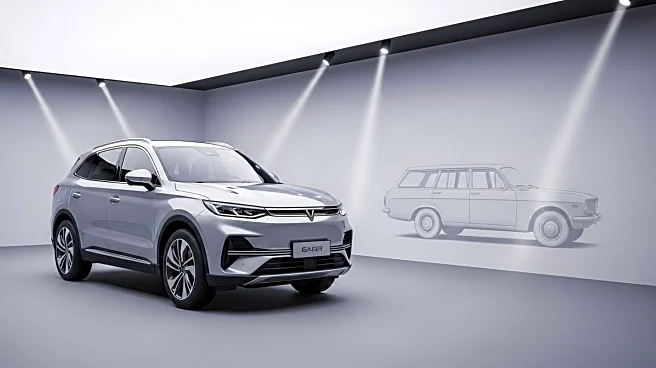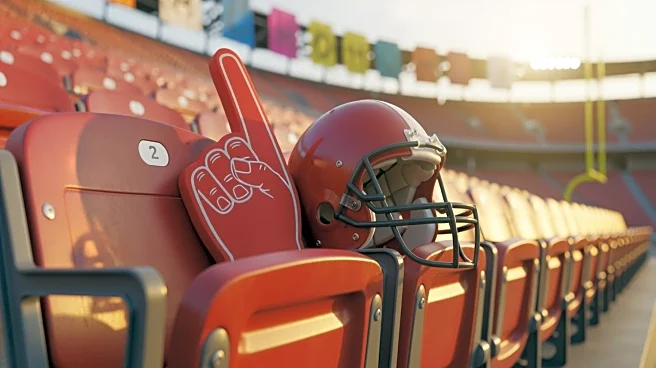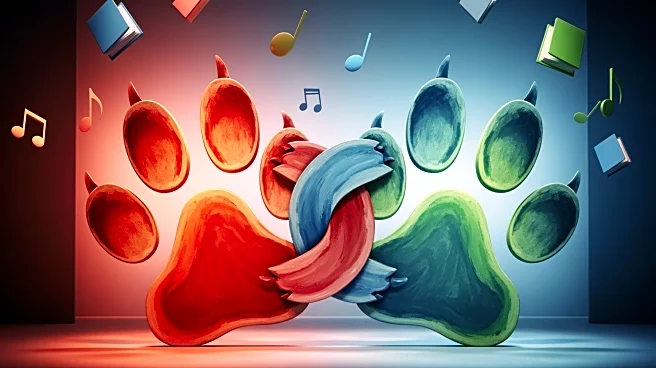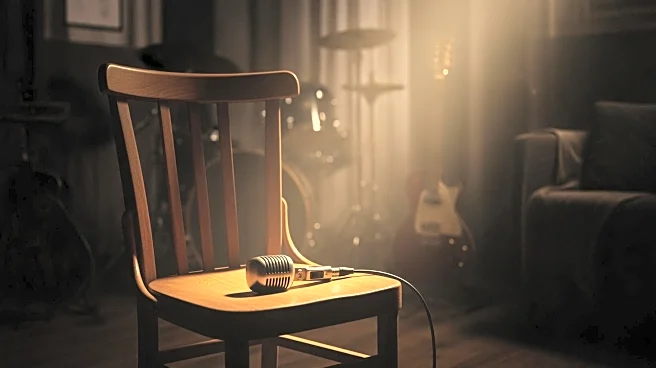What is the story about?
What's Happening?
Volvo CEO Jim Rowan has confirmed that the production of the Volvo V90 wagon will cease in September, marking the end of an era for the luxury wagon. This decision reflects a broader trend within the automotive industry, where SUVs have increasingly become the preferred choice for consumers. Rowan also hinted that the V60 model might not be renewed once its production cycle concludes, although it will remain available for the foreseeable future. The shift away from wagons is attributed to changing consumer preferences, particularly the appeal of SUVs with higher ride heights.
Why It's Important?
The discontinuation of the Volvo V90 wagon signifies a significant shift in consumer preferences within the automotive market. As SUVs continue to dominate sales, traditional wagon models are becoming less viable for manufacturers. This change could impact Volvo's market strategy, as the company may focus more on developing SUV models to meet consumer demand. The move also reflects broader industry trends, where automakers are adapting to evolving consumer tastes and prioritizing models that offer higher profit margins and greater market appeal.
What's Next?
Volvo's decision to phase out the V90 wagon could lead to increased investment in SUV development and production. The company may explore new designs and technologies to enhance its SUV offerings, potentially leading to innovations in safety, fuel efficiency, and connectivity. Additionally, Volvo's strategic shift might influence other automakers to reevaluate their product lines, potentially accelerating the decline of wagon models across the industry.
Beyond the Headlines
The transition away from wagons raises questions about the future of automotive design and consumer choice. As SUVs become more prevalent, there may be implications for urban planning and environmental considerations, given the larger size and fuel consumption of SUVs compared to wagons. This shift could also affect cultural perceptions of vehicle types, as wagons have historically been associated with practicality and family-oriented use.















